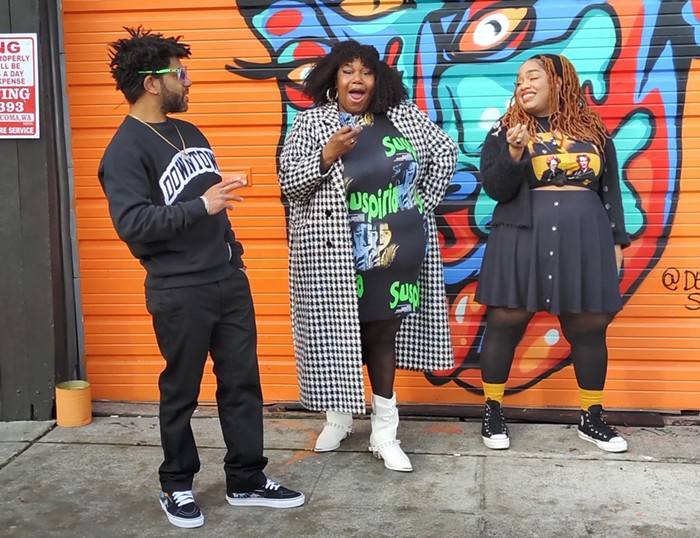Following at least seven cases of vape-related lung illnesses in Washington State, Governor Jay Inslee issued an executive order on September 27 asking the state Board of Health to ban flavored vape products. Two weeks later, at a highly contentious public meeting, the board complied, making Washington the second state in the nation to temporarily ban the sale of flavored vapes. (Oregon, always playing catch-up, soon followed suit.)
The ban on flavored vape products, which went into effect immediately and lasts for at least 120 days, may have the support of politicians and the public-health community, but there is no evidence that it is the flavors in vape products that have caused this rash of mysterious lung illnesses across the United States.
The lung injuries could be caused by other additives—heavy metals, pesticides, or oil-based compounds like vitamin E acetate—none of which are well-regulated in vaping products in this state.
But even if the flavored vape ban is unlikely to curb the illnesses, officials hope it will discourage kids and teenagers from vaping in the first place. In other words, the government is using vape illnesses as an excuse to push through a ban on these products to address an entirely unrelated problem.
Whatever their motivation, the move threatens to disrupt the entire vaping industry—both nicotine and cannabis. This was abundantly clear at the Board of Health meeting: The public comment session quickly devolved into shouting from the audience, which tends to happen when the state decides to shut down a previously legal market. Businesses, especially those that make and sell flavored nicotine vapes, will likely go under.
However, the ban is also an opportunity, especially in the cannabis industry, because companies that don't use added flavors in their products are in a prime position to take over a greater share of the market.
"We think this will impact us very positively after the dust settles," says Greg Shaw, the founder of Pearl Extracts, a company that never added flavors to their products in the first place. "We've built our brand around purity and trying to be as true to the plant as we can. And up until this point, there have been lots of products on the market that aren't fully derived from cannabis."
Those products have, at least temporarily, disappeared from retail shelves. Some, but not all, producers of flavored vapes, including Double Delicious out of Chelan County, are offering retailers refunds for those products. Josie Gebhardt from Double Delicious says she anticipates that this will cost the company between $100,000 and $150,000, but like Shaw, she's optimistic that the company will rebound.
"It has put us in an awkward situation financially, and probably will for a couple of weeks as we transition. But overall, it's forcing everyone in the industry to put out a safer product," Gebhardt says. "We just have to switch up a few things to be compliant, and we are 100 percent okay with that, to be honest. Going back to the roots of this industry, where it's just purely about the plant, that's not a bad thing."
Double Delicious is in a better position than some other producers: They sell only one flavored vape product. All of their other distillates and concentrates remain unimpacted by the ban. For producers that sell more flavored products than pure cannabis products, this ban is surely going to hurt.
For consumers, however, it might be a good thing: Even if mango, blueberry, cotton candy, and other flavors don't actually cause the lung illnesses sending public-health officials and the vape community into a panic, when it comes to inhaling substances, a little bit purer never hurts.

















